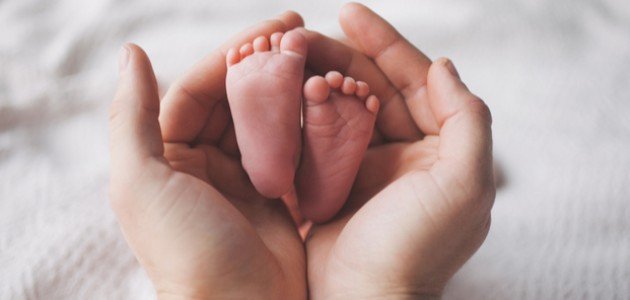Reproductive and sexual health is defined by the World Health Organization as a state of achieving complete physical, psychological, mental, and social wellbeing concerning all aspects of the functions and operations of the reproductive system and reflects the health level of men and women of reproductive age.
To achieve a better level of reproductive health, it is necessary to involve men and women in the reproductive decision of the family. Presenting these concepts to both young men and women at an early age, as reproductive health is no longer a concern of married women who are of childbearing age only, and it is not synonymous with family planning only, but the concept of reproductive health is more comprehensive than that, and it is the responsibility of everyone at all age stages.
Key messages for reproductive health
- Reproductive health is the right of every individual, as it is the basis for a healthy and safe family environment.
- Men and women have an important role in reproductive health
- Reproductive health is not just about family planning
- Reproductive health is everyone's responsibility, so let us demand it.
- There is a close link between development, population, and reproductive health.

The concept of reproductive health is relatively new in global debates about population. During the 1990s, the term was widely adopted globally as a description of a specific set of health issues and as a general direction for thinking about population issues.
The International Conference on Population and Development, held in Cairo in 1994, marked a turning point in development issues. The conference defined reproductive health for the first time in an international policy document as: "A state of complete physical, mental and social wellbeing concerning all aspects of the reproductive system, its functions, and operations, and not merely the absence of disease or disability.” (Cairo Conference on Population and Development, 1994)
Thus, the definition has set a comprehensive vision for the individual to enjoy comprehensive psychological, social, and physical health, including the following elements:
- People's ability to lead a satisfying and safe sex life
- The freedom of individuals to decide when and how often to have children. This condition implicitly includes the right of men and women to know and use safe, effective, affordable, and acceptable family planning methods from their point of view and the methods of organization of their choice that do not conflict with the law.
- The right to obtain appropriate health care services that enable the family to safely choose the period of pregnancy and childbirth, and provide the spouses with the best opportunities to produce a healthy newborn. In addition to the holistic vision, the definition took into account the concepts of rights, equality, dignity, and responsibility in relationships.
- Reproductive health is not limited to women's health related to pregnancy and childbearing but goes beyond it to men's and women's health in its holistic sense to ensure healthy reproduction and the birth of healthy children, thus building healthy societies.
Reproductive health is an important part of the human life cycle, as each age has specific needs. Children may be subjected to abuse and discrimination based on sex. Adolescents need to recognize the physical, behavioral and psychological changes associated with this stage; Men and women need protection at all ages related to the reproductive system and its functions in general.
Reproductive health has health considerations to improve the health status of mothers and newborns to reduce maternal and neonatal deaths, in addition to addressing other issues such as safe sexual behavior and prevention of infections and related diseases. Reproductive health also has human rights considerations, as it includes the right of spouses to enjoy a healthy, safe, and secure sex life, the ability to procreate, and the freedom to decide when to have children without coercion. In addition to the right of women and men to obtain adequate health services.
Reproductive health equity and fairness considerations; Reproductive health services must be generalized to all persons and couples, including male and female adolescents, and young men, as well as those outside of reproductive age, so that they have equal opportunities to obtain a similar quality of services wherever and whenever they want to. In addition to the necessity of having policies and legislations to ensure that sexual assaults do not occur, the protection of sexually abused persons, and the fight against the violence of all kinds and affected groups.
Therefore, men and women have the right to obtain the correct information and appropriate health services during the various stages of their lives, in addition to obtaining safe, effective, acceptable, and legal family planning methods, provided that this information and services are responsive to the needs of men and women.